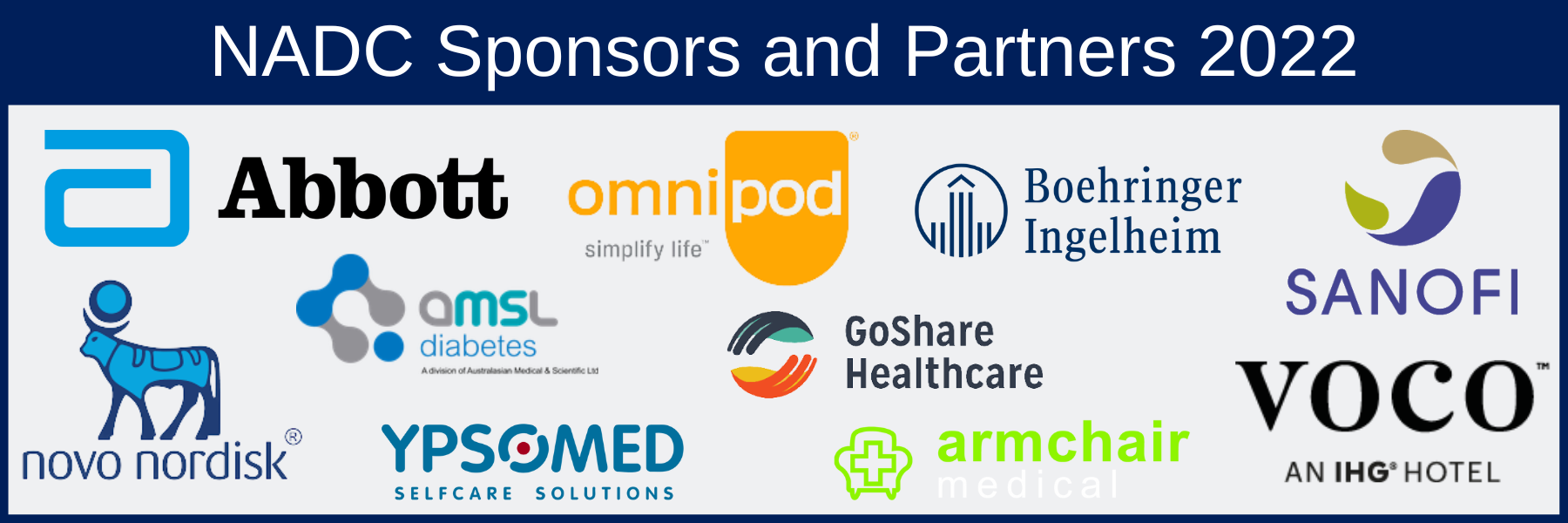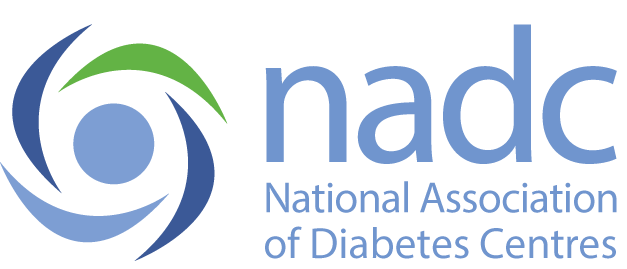ADATS 2022
SPEAKERS & PROGRAM
MEET OUR ADATS 2022 SPEAKERS

Dr Ted Wu
Time: 10:00-10:20
Topic: Type 2 and therapeutics – whats new and what’s coming
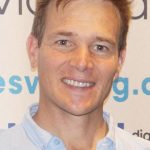
A/Prof John Wentworth
Time: 10:20-10:40
Topic: Type 1 prevention and therapeutics – what’s new and what’s coming
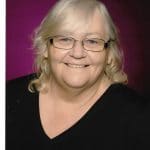
Cheryl Steele
Time: 11:00-11:20
Topic: Live Long and Prosper. Diabetes Tech into the future
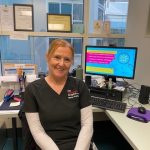
Nuala Harkin
Time: 1:00-1:20
Topic: Continuous Glucose Monitoring in children and young adults – the lived Experience

Michelle Robins
Time: 1:20-1:40
Topic: Onboarding of diabetes technology – one size fits nobody

A/Prof Glynis Ross
Time: 1:40-2:00
Topic: CGM for type 1 diabetes across the lifespan, including diabetes (and aged care)

Dr Ben Sly
Time: 3:00-3:20-13:45
Topic: Machine learning and electronic medical records for inpatient diabetes care

Laura Zimmerman
Time: 3:20-3:40
Topic: Rapidly evolving technologies – what should we consider in keeping our workforce upskilled? .

Renza Scibilia
Time: 3:40-4:00
Topic: How do people with diabetes navigate healthcare in a digitally connected world?
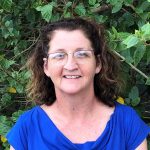
Nyaree Lawler
Time: 4:20-4:30
Topic: How SMART can we be? Delivering face-to-face programs online.
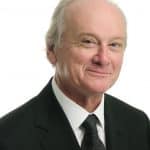
Prof Tim Jones
Time: 4:30-4:40
Topic: Accelerating the Implementation of new therapies in Type 1 Diabetes

Dr Neil McMillan
Time: 4:40-4:50
Topic: Virtual Reality training to improve telemedicine delivery for diabetes-related foot complications
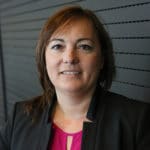
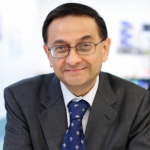
Professor David O'Neal
Time: 15:25-15:50
Topic: Increasing Time in Range in adult populations

Dr Lori Laffel
Time: 15:50-16:15
Topic: Increasing Time in Range in paediatric populations
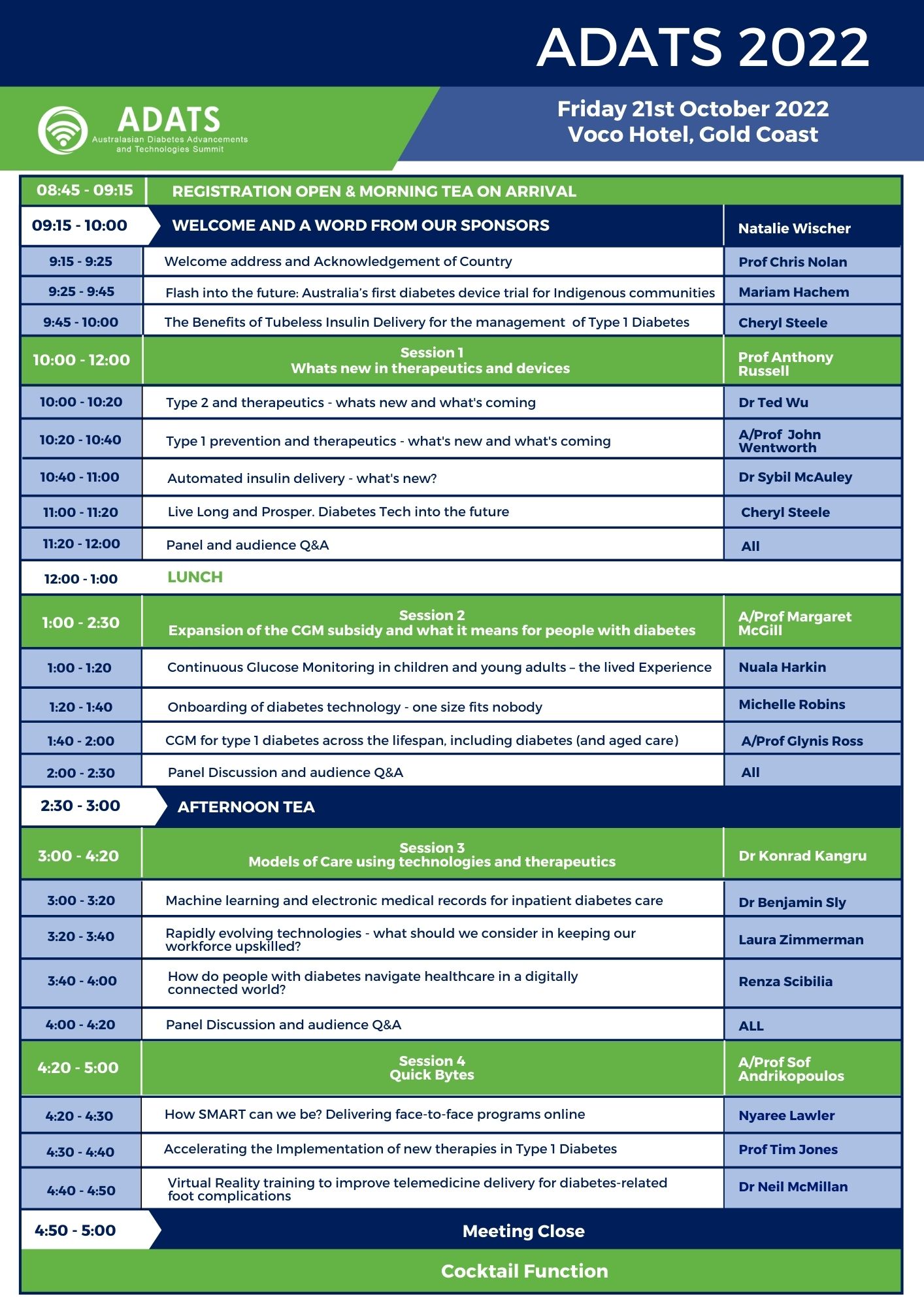
Click here to download the program.
Add Your Heading Text Here
Add Your Heading Text Here
